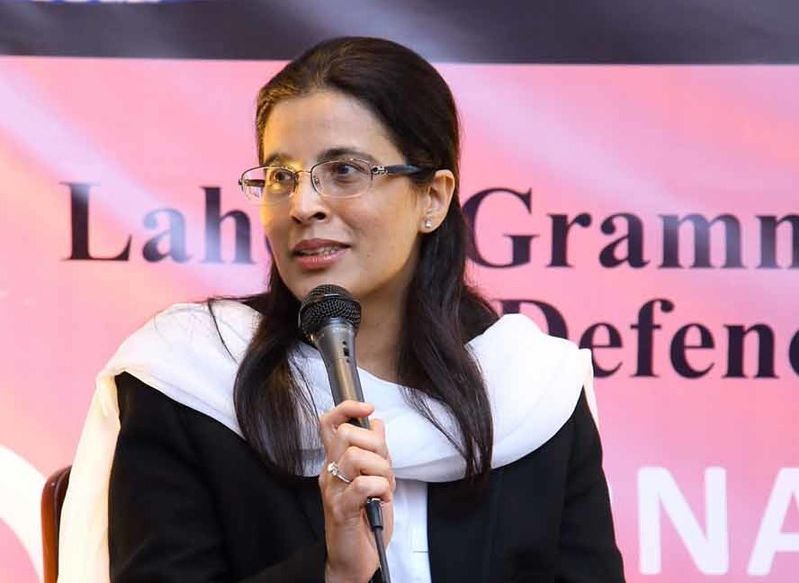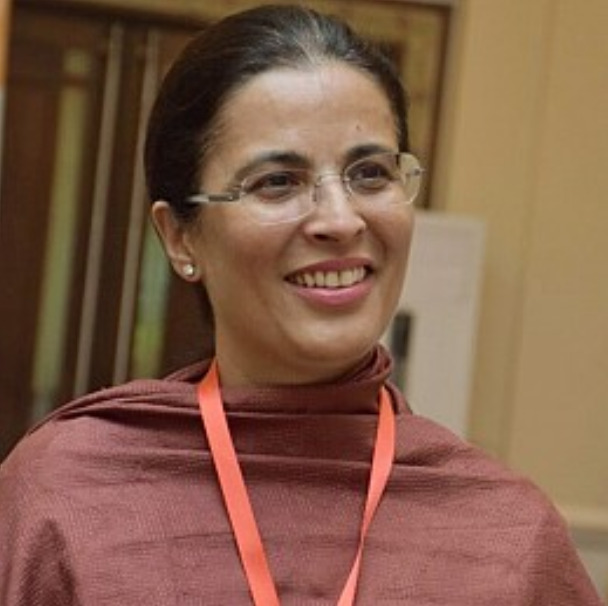In the making of history, Lahore High Court judge Justice Ayesha A Malik got the nod for elevation to the Supreme Court on Thursday, making her one step closer to becoming the country’s first-ever woman judge to sit on the apex court.
[adinserter block= “3”]
The Judicial Commission of Pakistan (JCP) purportedly approved Justice Malik’s elevation by a majority of five votes against four.

This was the second JCP meeting to decide on the elevation of judge Ayesha Malik. A lack of consensus during an extended meeting on September 9 forced the commission to reject her elevation.
During that meeting, four members of the eight-member JCP had opposed the proposal to elevate Justice Malik. Meanwhile, an equal number had supported it. The JCP meeting that decided on Justice Malik’s elevation was chaired by Chief Justice Gulzar Ahmed, who nominated Justice Malik for elevation in August.

If elevated following approval from an eight-member bipartisan parliamentary committee, Justice Malik will remain a judge of the Supreme Court until March 2031. Not only that but she may even have a chance to become the first woman Chief Justice of Pakistan.
Public figures and social media users reacted with great excitement on social media by stating that the appointment will be a “great day for women” in Pakistan. Many rejoiced that it is “hopefully the first of many” that will see women like her as prominent judges on the Supreme Court.
Twittersphere shares the news with delight
Justice Sardar Tariq Masood, a new member of the JCP, had earlier opposed Justice Malik’s nomination on a number of grounds. A female judge being allocated a seat at the top court would violate Article 25, he alleged. Lawyers are urging both sides of the JCP to reach a consensus on the criteria for appointing judges.
Earlier this week, the Women in Law Pakistan initiative issued a statement with respect to the seniority debate on Justice Malik’s appointment. It said that the idea that seniority is a legal requirement is a myth. “There is no requirement in law and Constitution to appoint the senior-most judge to the Supreme Court.”
“At least 41 times judges have been appointed to the Supreme Court without them being most senior,” the initiative added. “There is, therefore, no such custom either. ‘Seniority’, is at best a mere demand of some members of the Bars at the moment and has no legal basis.”
[adinserter block= “4”]
Justice Malik has broken the first of many glass ceilings and made history. We offer our congratulations!
What do you think of this story? Let us know in the comments section below.










